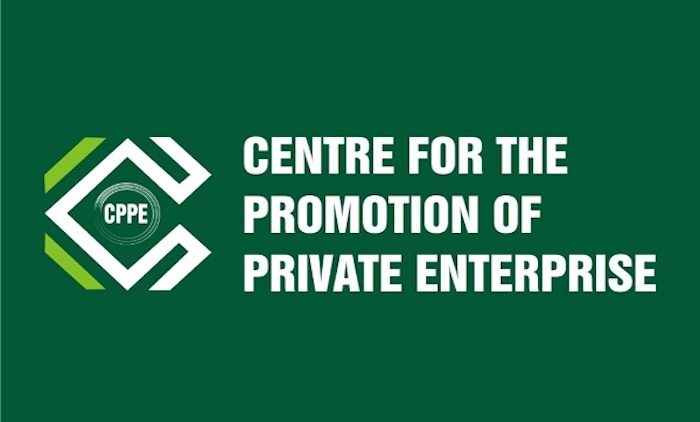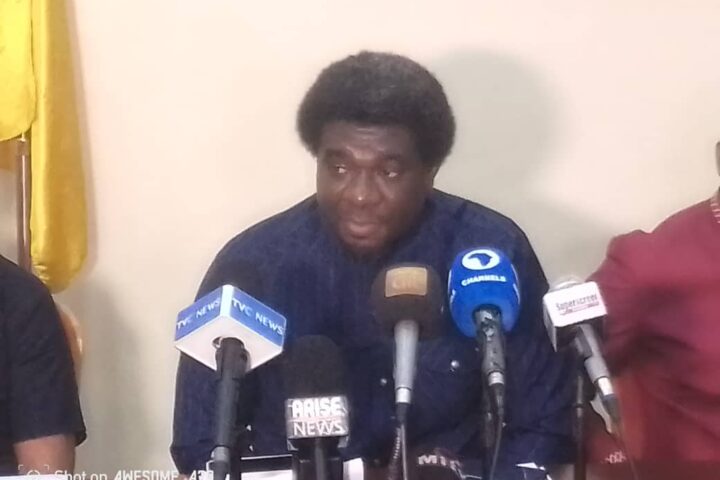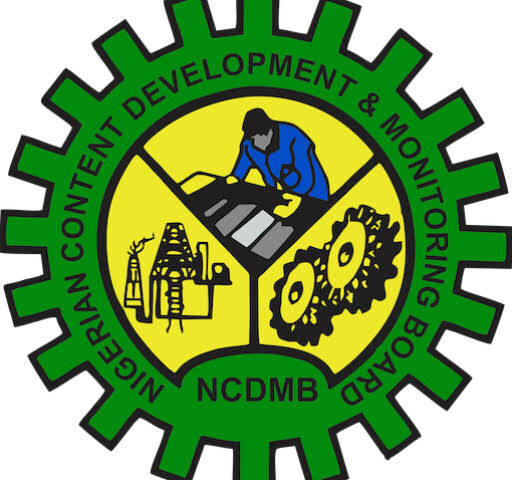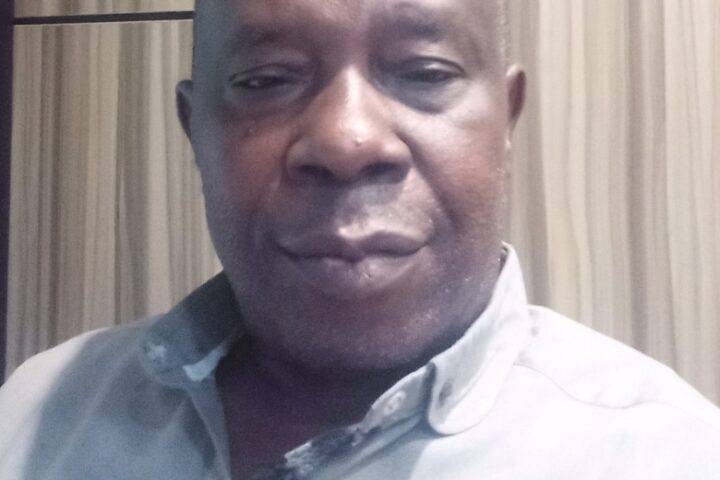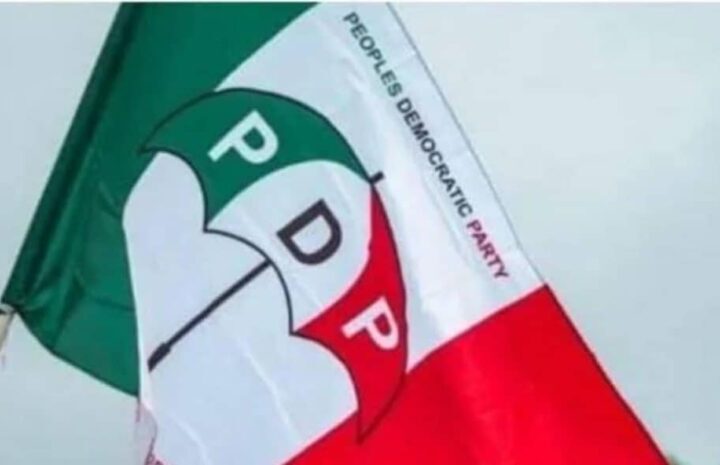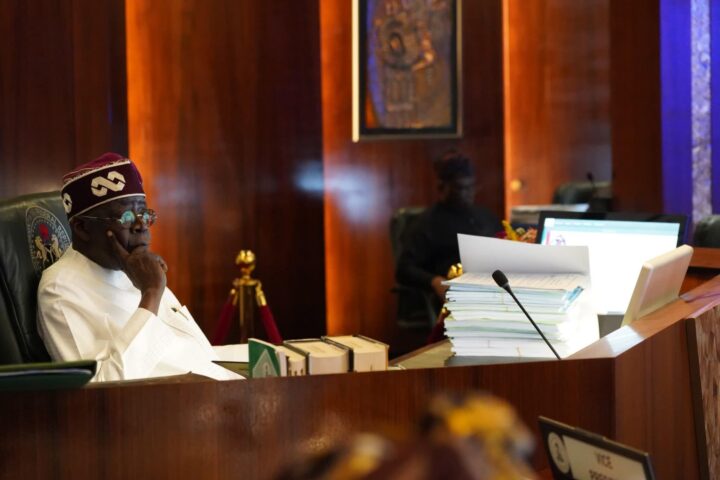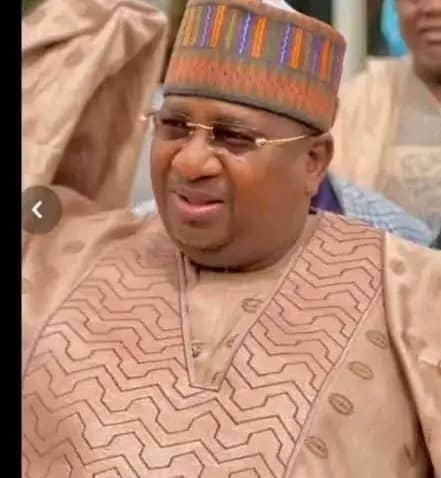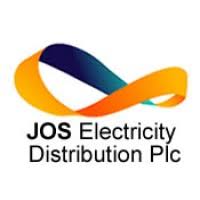The Chief executive officer of Center For The Promotion Of Private Enterprise, CPPE, Dr. Muda Yusuf,has advocated the need for tax holidays for renewable energy companies in the country.
The holidays,he said,should include zero import duty on solar panels, inverters, solar batteries, zero import duty on all renewable energy equipment and installations and zero VAT on renewable energy equipment, including batteries.
In a note relating to the state of the economy, Yussuf maintained that if the government can budget N4 trillion [about $9 billion] for petrol subsidy, it should be able to afford these incentives to improve energy access and promote the development of renewable energy.
He added that the potential benefits to the economy and the environment far outweighs the revenue loss from these concessions.
He suggested that in order to facilitate energy access, and in line with the global trend on decarbonisation, fiscal policy measures should be aligned to promote better access to renewable energy.
He picked holes in the current trade policy operated in Nigeria,it was disruptive and very confusing, says the Chief executive officer of Center For The Promotion Of Private Enterprise, CPPE, Dr. Muda Yusuf.
He urged the federal government to intervene to resolve the conflict, contradictions and confusion currently exisiting in the trade policy space regarding the import prohibition list and the Central Bank of Nigeria, CBN Forex exclusion list.
According to him,the lists are conflicting and disrupting trade because there are many items that are on the Forex exclusion list of the CBN which are not prohibited from importation under the extant fiscal policy of government.
He said it’s untidy to have what can be described as two sets of Trade policy document one by the Central Bank of Nigeria, and the other by the Federal Ministry of Finance.
“The presidency should reconcile these two lists in order to resolve the current policy conflict in our international trade ecosystem and minimize disruption to trade. We should not have a situation where an item that is not prohibited under our fiscal policy and being denied access to Form M by the Central Bank of Nigeria.” he said.
He commended the role of traders and middlemen in the international trade process, especially from an inclusion perspective, adding that it is not all Small and medium Enterprises, SMEs have the capacity to directly import their raw materials, machineries, equipment or other inputs on their own.
He said:“It is the traders and middlemen that help to fill this gap in the economy.It is therefore discriminatory and unfair to exclude middlemen and traders from the importation of raw materials, equipment, spare parts or machineries which may be required by some small-scale industrialists who do not have the capacity to import these items on their own.
“This policy position should be reviewed for the sake of economic inclusion and without prejudice to regulatory measures to ensure standards and quality.Therefore, in the spirit of inclusiveness, traders and middlemen should be allowed to also import some of these items for onward sales in smaller quantities to small-scale industrialists.”


